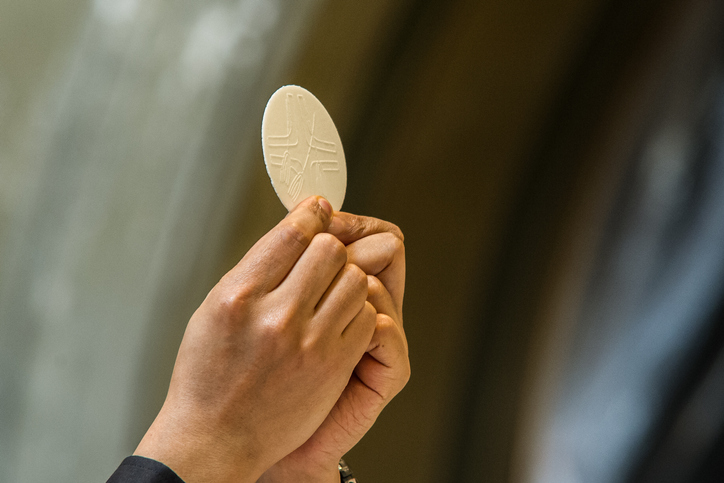Recently my small town got very involved in a major brouhaha.
We’re a tourist destination, and most people meet their financial obligations by working in the summertime and then trying to live on what they made for the balance of the year. It’s tricky. It’s also important for us to have continued reasons for tourists to keep coming here, and that’s especially true this year, because it’s the 400th anniversary of the arrival of the Mayflower, and we’re bracing for more people than ever.
Cirque du Soleil is a traveling show offering a unique take on the circus arts: animal-free, striking, dramatic, beautiful, and reflective, it features outrageous costumes, magical lighting, and original music. The organization receives 3,000 requests a year to produce customized shows, of which they only accept twelve worldwide. Some individuals in my town proposed that Cirque produce a show specifically for the 2020 summer celebration, and a long process of negotiations began. They were done perforce under nondisclosure terms, and as the time to announce the show drew near, a reporter overheard something about it and wrote a highly inaccurate scare piece in the local newspaper. Too many people! It will overwhelm the town! It will take away from the artists who already perform here! We’ve never done it before!
The town was in an uproar, fiercely divided over the issue. The producers issued a press release explaining the legalities of why it hadn’t yet been publicized and showing that it would in fact be the jewel of the festival season—but it was too late. Another misleading article was published, and the inevitable happened. Cirque will not be coming.
I’ve been feeling sad about that decision, not only for the lost opportunity but also because it showed how we let fear and ignorance take the driver’s seat in our lives; and then I read today’s Gospel and realized that human nature is exactly the same today as it was in Jesus’ time. I don’t know whether to be relieved or disheartened!
“He ordered them not to tell anyone. But the more he ordered them not to, the more they proclaimed it.”
We all want to be the first ones to know a secret. From childhood, when we taunt each other with “I know something you don’t know” (best when done in a singsong voice), through the cherished tale-tattling of our adolescence, and finally into adulthood, when being “in the know” indicates access, power, prestige: we want to be first to share the news. Who wants to be the last person in the office to hear that Rosemary was fired? Who wants to learn their best friend in the Mommy Club is seeing a counselor and told with everybody else?
Maybe I’m being too harsh here. Maybe when Jesus admonished people to not talk about his miracles, they disobeyed out of love for their fellow sufferers, so that more people might flock to him, more miraculous cures could happen. Could be. But I don’t think so. I’ve seen too much of “I really shouldn’t tell you this, but…” to think their motives were entirely selfless and pure.
Jesus had good reasons for asking for discretion. He didn’t want people coming to him exclusively for healing; he wanted them to come to him in faith. He was fulfilling his life’s plan and needed to keep the Messianic secret until the end, until his resurrection. But whether or not he had good reasons, the point is that he made the admonishment, and the man he’d healed disobeyed. He just couldn’t help himself. He had to break the news, be the important one, the bearer of the secret.
And when that happens, it always ends badly.
In my example, one could wish the reporter who uncovered the story had done due diligence before printing her piece. It was biased and distorted (and one has to wonder how biased and distorted the cured man’s sharing of his news was, as well!), and perhaps most importantly, she saw her sharing as giving her prestige. Thank goodness for her, she broke the news, she saved everything. And never mind who got hurt in the process.
We all get hurt in the process. We’re supposed to be “the least of these,” but we puff ourselves up and want to be the ones who have all the good stuff, the gossip, the details. “But the more he ordered them not to, the more they proclaimed it.”
And the circus won’t be coming to town.
Contact the author





















